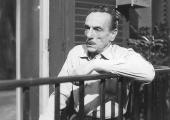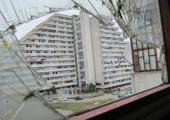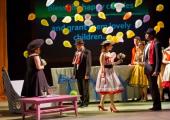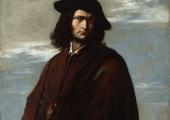Who is Eduardo de Filippo?

The English resume their love affair with the great Neapolitan writer-director
The phenomenal Eduardo de Filippo has no parallel in British theatre. Cross Olivier with Ayckbourn and you get a national institution who acted in and directed his own plays in his own theatre. Born in 1900, it seems odd that he had to wait until 1977 for his first honorary doctorate, odder that the award came not from his native Naples but from the University of Birmingham.





